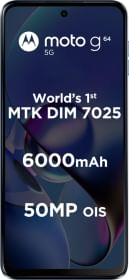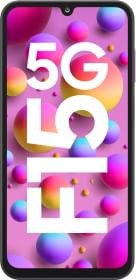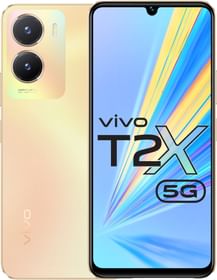Mark Zuckerberg of Meta recently revealed on the “Morning Brew Daily” podcast that Meta is developing an AI-powered wristband, a discovery that has caused quite a stir in the tech community. Although there was much enthusiasm surrounding this disclosure, Zuckerberg issued a warning, advising against the quick adoption of intrusive neural implants similar to Elon Musk’s Neuralink. Check out the details.
Mark Zuckerberg on Meta’s Upcoming AI Wristband Project
The specifics of Meta’s AI-enabled wristband are still somewhat unknown, but Zuckerberg teased us by calling it “one of the wilder things we’re working on.” Utilizing electromyography (EMG) technology, which allows the gadget to read electrical impulses coming from muscles, is essential to its operation. This points to a possible contact at which brain impulses might translated into actions, offering users the ability to control devices or virtual avatars through mere thought.
Zuckerberg made a crucial distinction between the brain-computer interface developed by Neuralink and Meta’s wristband, saying, “I don’t think anyone wants to put version one of that in their head.” This placement suggests that Meta’s invention may give peripheral signals priority, offering an inconspicuous and maybe safer substitute for intrusive neural implants.

The wristband is only a small part of Meta’s larger goal to bring about an AI-powered, universally accessible age. According to Zuckerberg, in the future, artificial intelligence will democratize society and benefit everyone, not just a small group of people. Smart glasses and wristbands are examples of wearables that become essential instruments for achieving this goal.
A preview of this future was provided by Meta’s previous product, the Ray-Ban Stories smart glasses, which were first released in 2023. These glasses offer a hands-free means of interacting with the digital world because they are equipped with voice assistants and can display information within the user’s field of vision. The wristband’s ability to regulate thoughts represents a significant advancement in the field of human-computer interaction.
Unquestionably exciting technological possibilities exist, but privacy, data security, and the moral implications of these developments are major worries. The ability to read and intercept brain impulses poses important problems regarding manipulation potential and user autonomy. Furthermore, the enormous amounts of data that these devices collect call for strict security measures to guarantee responsible use and prevent misuse.
Overall, while Meta has not provided a specific release date for the wristband, its creation demonstrates the company’s unwavering dedication to expanding the boundaries of human-computer connection. However, it is crucial to recognize that this technology is still in its early phases, and ethical issues demand careful thought before it is widely adopted.
You can follow Smartprix on Twitter, Facebook, Instagram, and Google News. Visit smartprix.com for the most recent news, reviews, and tech guides.
































